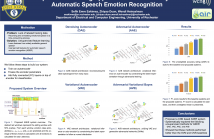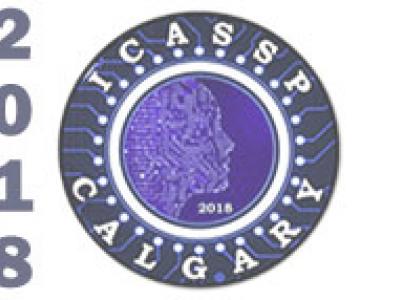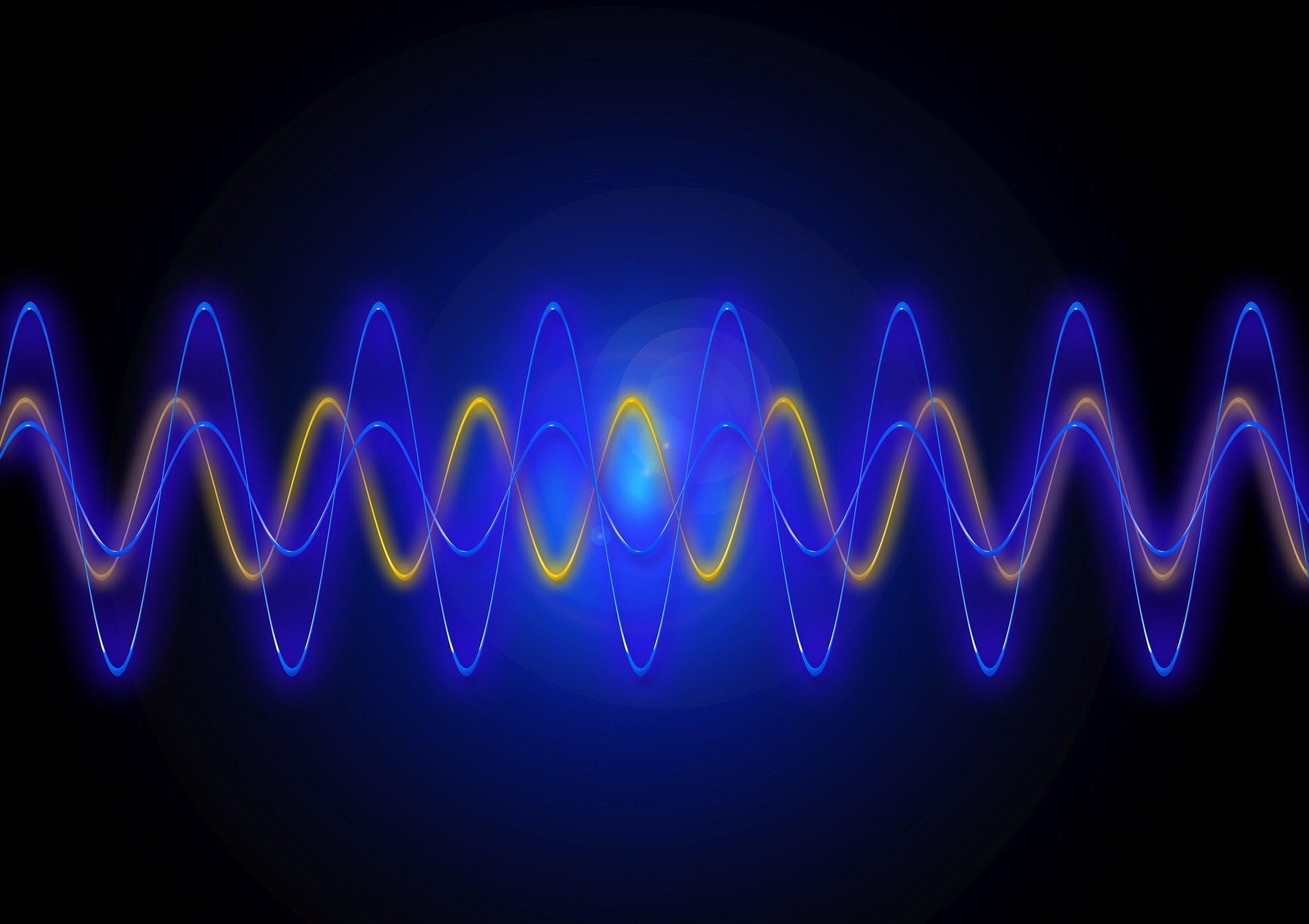- Transducers
- Spatial and Multichannel Audio
- Source Separation and Signal Enhancement
- Room Acoustics and Acoustic System Modeling
- Network Audio
- Audio for Multimedia
- Audio Processing Systems
- Audio Coding
- Audio Analysis and Synthesis
- Active Noise Control
- Auditory Modeling and Hearing Aids
- Bioacoustics and Medical Acoustics
- Music Signal Processing
- Loudspeaker and Microphone Array Signal Processing
- Echo Cancellation
- Content-Based Audio Processing

- Read more about UNSUPERVISED LEARNING APPROACH TO FEATURE ANALYSIS FOR AUTOMATIC SPEECH EMOTION RECOGNITION
- Log in to post comments
The scarcity of emotional speech data is a bottleneck of developing automatic speech emotion recognition (ASER) systems. One way to alleviate this issue is to use unsupervised feature learning techniques to learn features from the widely available general speech and use these features to train emotion classifiers. These unsupervised methods, such as denoising autoencoder (DAE), variational autoencoder (VAE), adversarial autoencoder (AAE) and adversarial variational Bayes (AVB), can capture the intrinsic structure of the data distribution in the learned feature representation.
- Categories:
 69 Views
69 Views
- Read more about Learning-Based Acoustic Source-Microphone Distance Estimation using the Coherent-to-Diffuse Power Ratio
- Log in to post comments
- Categories:
 36 Views
36 Views
- Read more about Acoustic Scene Classification Using Discrete Random Hashing for Laplacian Kernel Machines
- Log in to post comments
icassp.pptx
- Categories:
 16 Views
16 Views
- Read more about Distributed Maximum Likelihood using Dynamic Average Consensus
- Log in to post comments
This paper presents the formulation and analysis of a novel distributed maximum likelihood algorithm that utilizes a first-order optimization scheme. The proposed approach utilizes a static average consensus algorithm to reach agreement on the initial condition to the iterative optimization scheme and a dynamic average consensus algorithm to reach agreement on the gradient direction. The current distributed algorithm is guaranteed to exponentially recover the performance of the centralized algorithm.
- Categories:
 9 Views
9 Views
- Categories:
 42 Views
42 Views
- Read more about MULTIPLE-MODEL AND REDUCED-ORDER KALMAN FILTERING FOR PATHOLOGICAL HAND TREMOR EXTRACTION
- Log in to post comments
ICASSP_v1.pdf
- Categories:
 3 Views
3 Views
- Read more about Joint Transfer Subspace Learning and Feature Selection for Cross-corpus Speech Emotion Recognition
- Log in to post comments
- Categories:
 37 Views
37 Views
- Categories:
 5 Views
5 Views

- Read more about Generative Adversarial Source Separation
- Log in to post comments
- Categories:
 18 Views
18 Views